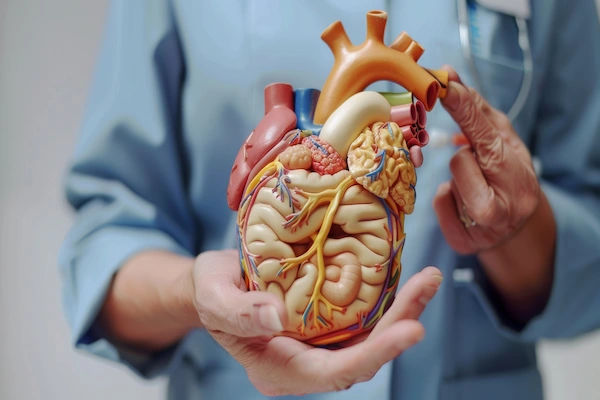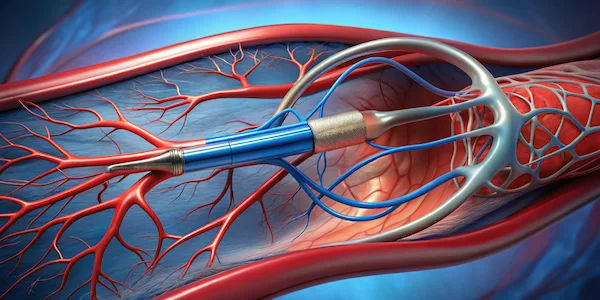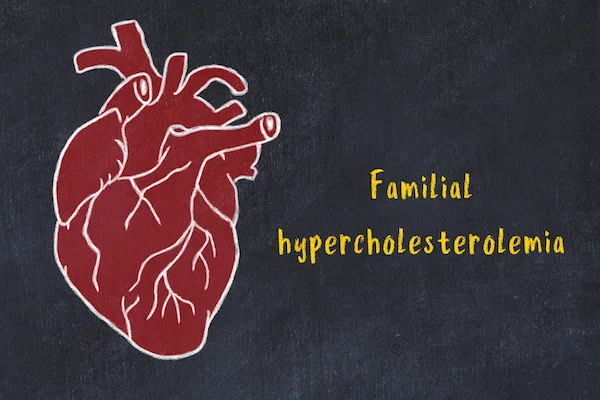- male
- 50 Years
- 07/02/2025
I've been keeping an eye on my blood pressure lately, and it's been around 140100. I've noticed I'm getting headaches more frequently. Should I be worried about these numbers or the headaches? Is this something I need to get checked out or change in my routine? Any advice would be really helpful.
Answered by 1 Apollo Doctors
A blood pressure of 140100 is considered high and can contribute to headaches. I recommend you start taking Amlodipine (brand name Norvasc) 5mg once daily to help lower your blood pressure. Additionally, you can take Acetaminophen (brand name Tylenol) 500mg for your headaches as needed, up to 3 times a day. Remember to monitor your blood pressure regularly and make lifestyle changes such as reducing salt intake and increasing physical activity.
Dr. Dhankecha Suggests...
Consult a Cardiologist
Answered 04/07/2025
0
0

More Cardiology Health Queries
View allI'm currently on medication for blood pressure and taking Zilokem 40 mg and Nexovas twice a day, but my blood pressure reading is 100150. Is this normal, or should I be concerned?
Review with your treating physician for dosage adjustment and recalibration. Try to include physical exercise of 150 minutes per week at least, in order to improve BP readings.
Answered by 1 Apollo Doctors
I'm really worried about this ongoing lightheadedness I've been dealing with for the past 8 months. It's like I'm under the influence of something, almost like alcohol, but I'm not. I've had these scary episodes where my chest hurts and my blood pressure shoots up to 150100. The ER told me it was a panic attack, and it's happened twice now. I've undergone so many testsHolter Monitor, ECG, EKG, chest and heart CT scans, even a brain MRI and countless blood tests. Everything comes back normal, including checks for anemia and thyroid issues. They did find H. Pylori, and I finished a 14-day antibiotic course for that, but otherwise, doctors say I'm fine. Yet, I can't shake these feelings and symptoms. I'm 30, 6 feet tall, and weigh 90 kg, with blood pressure often around 13590. I've even had ECGs during the pain episodes. Can you help me figure out what might be going on here?
It sounds like you have been through a thorough evaluation for your symptoms. Since all your reports have come back normal and your doctors have ruled out various possible causes, including panic attacks, it's important to consider other factors that may be contributing to your lightheadedness and other symptoms. One possible cause could be inner ear problems leading to vertigo-like symptoms. I recommend trying a medication called Meclizine (brand name Antivert) at a dose of 25-100 mg per day to help with your lightheadedness. Additionally, you may benefit from vestibular rehabilitation therapy to address any inner ear issues. It's also important to stay well-hydrated, maintain a healthy diet, and practice stress-reducing activities such as yoga or meditation. If your symptoms persist or worsen, it may be helpful to see an Ear, Nose, and Throat (ENT) specialist for further evaluation and management.
Answered by 1 Apollo Doctors
I'm 64 and have been dealing with some wheezing and trouble breathing, so I went to see the doctor. They did an ECG, and it came back showing sinus tachycardia and a right bundle branch block. Is this something I should be worried about?
Cardiologist opinion is advised to the patient.
Answered by 1 Apollo Doctors
Disclaimer: Answers on Apollo 247 are not intended to replace your doctor advice. Always seek help of a professional doctor in case of an medical emergency or ailment.





